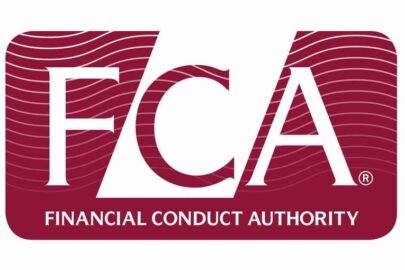The Financial Conduct Authority (FCA) has published final guidance clarifying its expectations of firms on the fair treatment of vulnerable customers.
The guidance aims to drive improvements in the way firms treat vulnerable consumers so that they are consistently able to achieve outcomes that are as good as everybody else.
The FCA defines a vulnerable customer is someone who, due to their personal circumstances, is especially susceptible to harm, particularly when a firm is not acting with appropriate levels of care.
People can find themselves in vulnerable circumstances at any time. The FCA’s recent Financial Lives research shows that 27.7 million adults in the UK now have characteristics of vulnerability such as poor health, experiencing negative life events, low financial resilience or low capability. Not all people with these characteristics will suffer harm, but they may limit people’s ability to make reasonable decisions or put them at greater risk of mis-selling.
The regulator said that firms should understand what harms their customers are likely to be vulnerable to and ensure that customers in vulnerable circumstances can receive the same fair treatment and outcomes as other customers. This needs to happen through the whole customer journey from product design through to customer engagement and communications.
Nisha Arora, director of consumer & retail policy at the FCA, said: “Protecting vulnerable consumers remains a key focus for us and given the impact of the coronavirus pandemic, it is more important than ever that firms get this right. The guidance being announced today will help ensure vulnerable consumers are treated fairly and achieve outcomes as good as other consumers.
“While some firms have made significant progress, we want to see all firms across sectors taking steps to understand and respond to the needs of their customers, particularly those who are most vulnerable to harm.
“We also remind customers to tell your providers if you have specific needs – whether that’s due to ill health making it difficult to access a service, or a recent emotional or financial shock that is impacting your finances. Doing this will help firms support you.”
Firms can expect to be asked to demonstrate how their business model, the actions they have taken and their culture ensure the fair treatment of all customers, including vulnerable customers.
Mark Turner, managing director of Duff & Phelps’ Compliance and Regulatory Consulting practice added: “What comes across loud and clear from today’s guidance, is that the FCA expects firms to treat every individual customer fairly taking into account their unique circumstances.
“Firms need to check whether some vulnerable customers might be falling between the cracks, amending processes and training their staff accordingly.
“With two in five people reportedly struggling, it’s likely that there are customers whose financials have been heavily affected by Covid-19 and are being driven to provide optimistic or even false data to make ends meet. Customers using these methods could be digging themselves into a deeper hole by accessing products which are no longer suitable for their means.
“The responsibility is on financial providers and lenders to ensure every customer is properly evaluated and reviewed to ensure consumer harm is limited. Failure to do so will not only cause serious financial repercussions for consumers but also for the firms themselves.”
Firms are reminded that in treating customers fairly, they should also be aware of their obligations under the Equality Act 2010. It is likely that a breach of the Equality Act, for example failure to provide reasonable adjustments for disabled people, will also be a breach of the FCA’s rules.
The FCA has also today published a Memorandum of Understanding (MoU) with the Equality and Human Rights Commission (EHRC). This MoU sets out how the FCA will co-operate and work with the EHRC on equalities issues, to help protect people in financial services markets. Sharing information and expertise will help the EHRC and the FCA to act on equalities issues that arise.
This MOU will also support the FCA’s efforts as it seeks to eliminate discrimination and advance equality of opportunity in line with its obligations under the Public Sector Equality duty.
